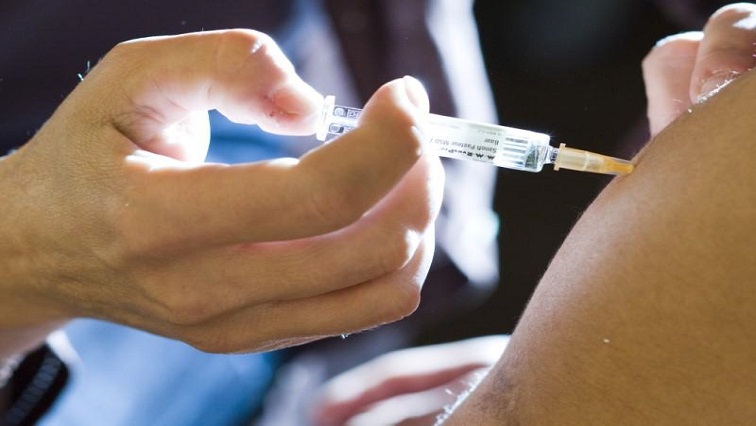The first COVID-19 vaccinations could take place in early to mid-December in the United States. Pfizer and its German partner BioNTech applied for emergency use of its vaccine on Friday while Moderna is expected to follow suit with a similar application before the end of the month.
The head of the US vaccine programme known as Operation Warp Speed also indicated over the weekend that vaccines would be shipped to every state within 24 hours of the Food and Drug Administration’s approval of the application for emergency use.
Between 20 and 40 million doses could be available and distributed before the end of the year in the United States alone.
The United States saw its overall case numbers surge to beyond 12 million over the weekend – adding an astronomical 3 million new cases in just the 22 days of November.
With the positive sentiment around vaccine approval just a first step in a months-long process to arrest this virus in the country. Mocef Slaoui leads the Government’s Operation Warp Speed.
“If approved, they could be used for immunisation in the US population in the month of December. And we plan to have enough vaccine doses available for use in the US to immunise about 20 million individuals in the month of December and another 25 to 30 million per month on an ongoing basis from thereon. And as of the month of February or March, if we have more vaccines approved … We may be able to immunise a larger number of Americans on an ongoing basis per month.”
No silver bullet
That is all good news but public health experts in the US continue to impress on the wider population that the vaccine and its distribution around the country is no silver bullet. That 20 million, maybe up to 40 million doses available by the end of December will have a limited impact in a country of 330 million.
With the Thanksgiving holiday weekend upon us, Americans are being urged to limit travel around the country and to cap their family gatherings as daily case numbers have remained above 150 000 for the past week and expected to rise.
Director of the National Institute of Allergy and Infectious Diseases, Dr Anthony Fauci says, “I’ve used that metaphor that ‘the cavalry is on the way’. If you’re fighting a battle and the cavalry is on the way, you don’t stop shooting. You keep going until the cavalry gets here, and then you might even want to continue fighting.”
Hospitalisations are above 80 000 – a new record nationally and 1 500 deaths per day – for 5 of the last 6 days “catastrophic” in a word.
Fauci adds, “We need to actually double down on the public health measures as we’re waiting for that help to come, which will be soon. We’ll be getting vaccine doses into people at high priority at the end of December. We’re not talking about shutting down the country. We’re not talking about locking down. We’re talking about intensifying the simple public health measures that we all talk about: mask-wearing, stay being distanced, avoiding congregate settings, doing things to the extent that we can outdoors versus indoors. If we do that, we’ll be able to hold things off until the vaccine comes.”
While officials have indicated that they have a national distribution strategy in place that will be ready to go once Emergency Use Authorisation has been received from the FDA, General Gustave Perna of Operation Warp Speed says, “We’re bringing together all the requirements for administering the vaccine, and then we’re sending it down to the distribution sites.
“Any place that a state wants to administer the vaccine, as long as they’re enrolled – right? – into our process, we can distribute the vaccine. We can distribute the Pfizer vaccine at a minimum of 975 doses, and the Moderna vaccine at a minimum of 100 doses. We can go to one place in the state or we can go to 10,000 places in the state. The capability and the capacity exist because we came together in a whole-of-America approach,” Speed explains.
States, in consultation with the Centres of Disease Control and the FDA, will decide on who gets a vaccine first with frontline health workers and other high-risk groups likely to be at the front of the line – meaning access for the vast majority of Americans will be a few months away at best.






